



-
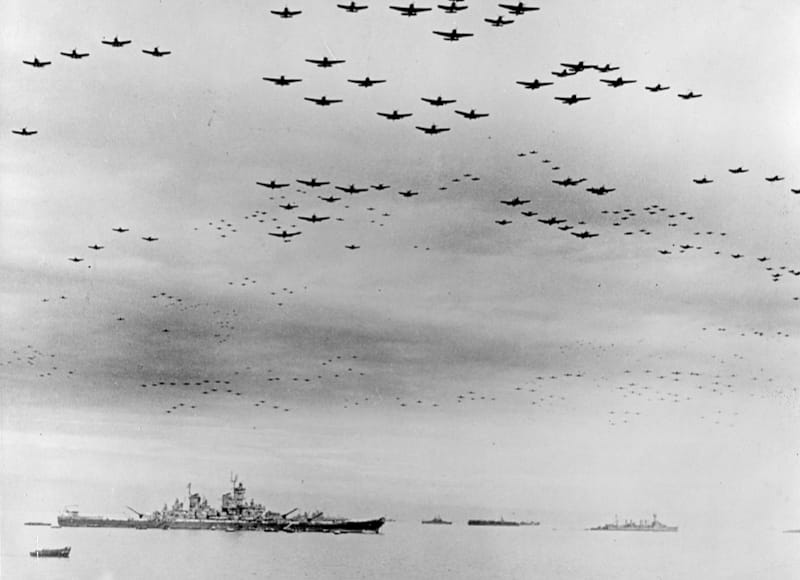
Japan under the Allied Occupation
What happened in Japan during the Allied Occupation?
How does it affect present-day Japan?To understand Japan’s history since World War II, it’s essential to know what happened while Japan was occupied by the United States and its allies immediately after the war. Government, economy, culture, and many other facets of life in Japan were impacted significantly by this Occupation, and these impacts have continued through to the present day.

FRENCH Thomas WilliamProfessor, College of International Relations
-
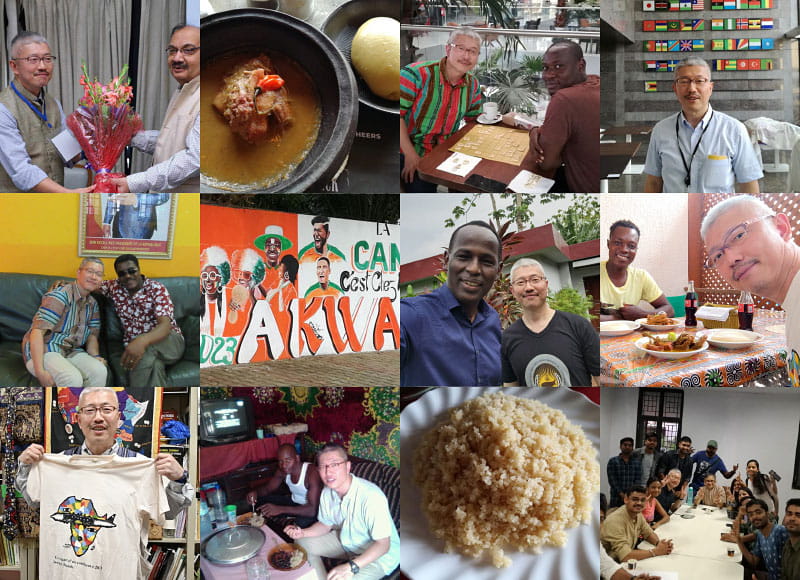
Africa
Understanding Africa and its growing global presence to reevaluate Japan’s place in the world
People often associate Africa with things like armed conflict and poverty. But Africa includes countries with vibrant film industries, countries that are moving toward democracy after a long period of dictatorship, and countries that continue to grow economically. African countries and societies have been changing significantly, and their presence in the international community is growing. It is extremely important to understand Africa and other parts of the Global South. Doing so will also help us rethink Japan’s own place in the world.
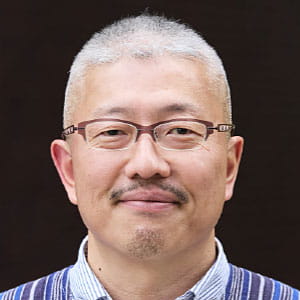
IWATA TakuoProfessor, College of International Relations
-

International Comparison
Why do non-regular employees have poor working conditions?
Analyzing Japan through international comparisonsIn “political economy”, we analyze economic phenomena not only by applying economic theories but also by conducting political analysis. By examining labor market reforms in Japan since the collapse of the bubble economy in the 1990s through international comparisons, my research seeks solutions to Japan’s economic and social problems.
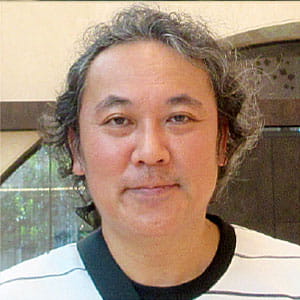
WATANABE Hiroaki RichardProfessor, College of International Relations
-

Religion and International Relations
Gaining a deeper understanding of international relations through three links with religion
Many people in Japan today may have a negative attitude toward religion. However, understanding religion is essential to comprehend international relations in depth. It is important to learn about what religion is and examine how it influences international relations from various regional and historical standpoints.

DANISMAN IdrisAssociate Professor, College of International Relations
-
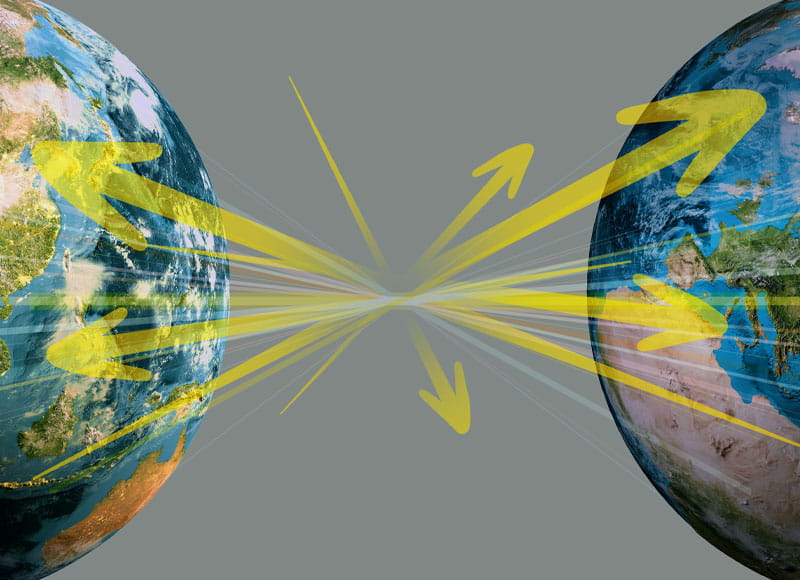
International Political Economy
Analyze international relations while having an awareness of the interaction between politics and economics
The United States and China seem to be at odds if we focus solely on politics and security. But economically, they are closely connected and interdependent. International political economy involves being aware of this sort of interaction between politics and economics, while understanding events in international relations.
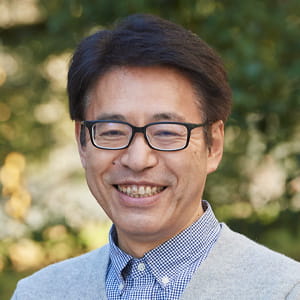
NAKATO SachioProfessor, College of International Relations
-

Capitalism
Looking at People’s Lives and International Relations from the Perspective of the Capitalist Economic System
The capitalist economic system brings a vast range of product diversity and the freedom to buy what you want anytime. Our natural desire for diversity and freedom is one of the forces that can cause a change in a country’s system. Let’s think about how the principle of capitalism, which has both positive and negative aspects, directly affects human consciousness and behavior and in the long run, influences international relations.
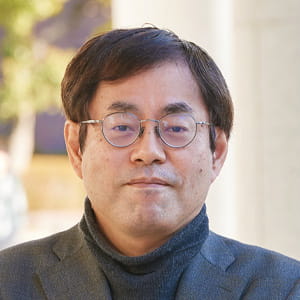
MORIOKA MasashiProfessor, College of International Relations
-
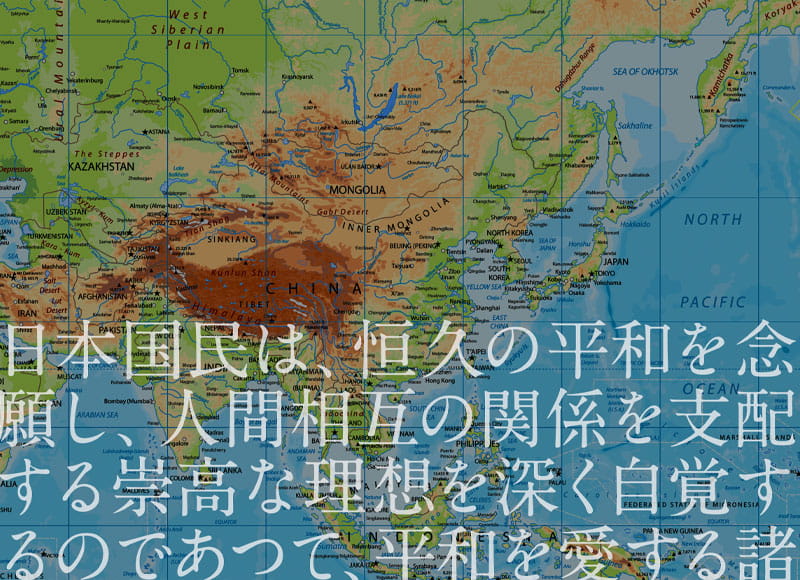
Pacifism in the Constitution of Japan
What is the international order pursued in the Constitution of Japan?
The perception of the constitution in the context of international relationsConstitutions are made as a result of war. So they can’t be understood without knowledge of international relations. The meaning of Article 9 of the Constitution of Japan has changed according to the change of international relations and politics. It is important to look at this realistically and take action toward the transformation of the international order that the pacifism of the Constitution requires.
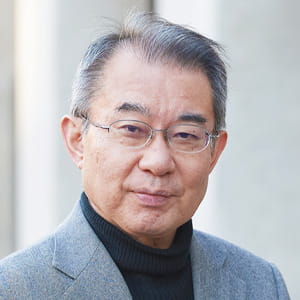
KIMIJIMA AkihikoProfessor, College of International Relations
-
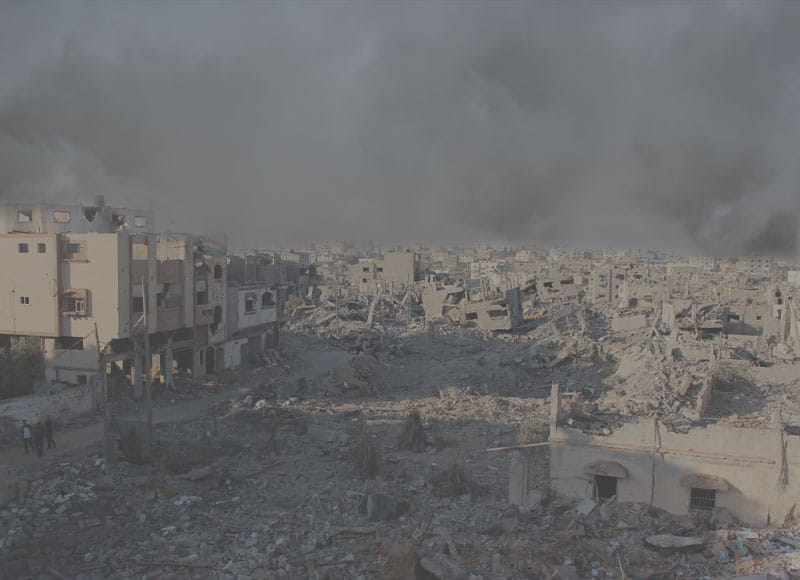
International Politics
Can We “Eliminate War?”
Study the Field of International Politics with the HopeDid you know that in the last 100 years, the number of war casualties per capita has dropped to 1/10 of what it once was? The study of international politics, which emerged from the tragedy of World War I, is steadily achieving results. By understanding the nature of human beings, I hope to unravel the mechanisms by which wars occur and contribute to the creation of systems that prevent war.
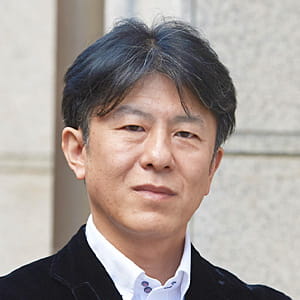
ADACHI KenkiProfessor, College of International Relations
-
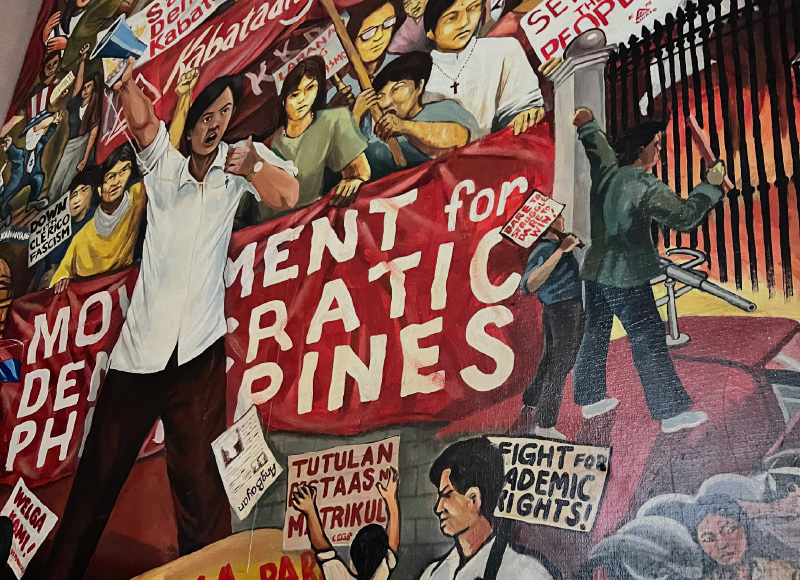
Comparative Politics
How do we fight the backslide of democracy?
Understanding successes and failures through international comparisonsAccording to a 2022 survey, only 34 countries in the world are free and democratic. On the other hand, there are more and more authoritarian and autocratic countries. Why do political leaders in the world attempt to undermine democracy? How can we stop the trend?
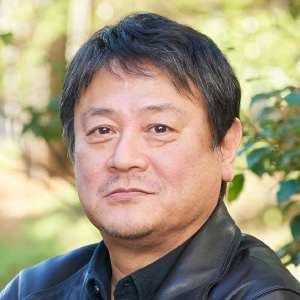
HONNA JunProfessor, College of International Relations
-

Global International Relations
Reexamining international relations from its beginnings, bridging the West and the non-West
Global International Relations is an approach that emerged as a movement to bridge the West and the non-West by critically looking at traditional studies of International Relations that take a Western perspective to be self-evident. It attempts to develop new theories inspired by past perspectives and other disciplines.
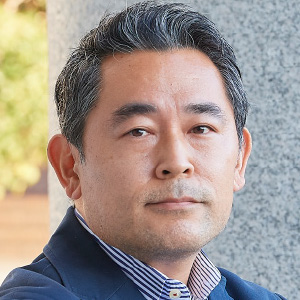
ATAKA HiroakiProfessor, College of International Relations
-
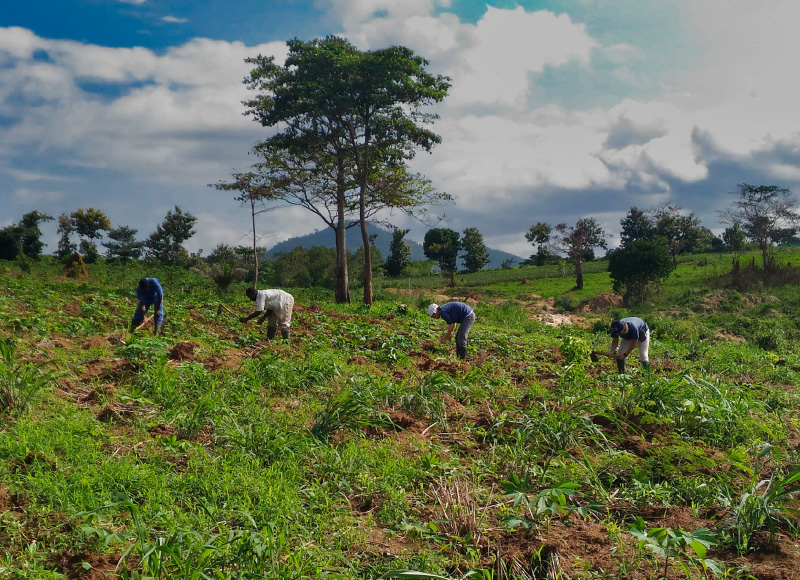
Development Economics
Economic development in developing countries cannot be achieved by economic rationality alone.
The process of economic development in a developing country is complex, as decisions and actions people and government make are influenced by various factors.
To investigate how economic development can be realised, it is essential to accept such complexity and study a wide range of fields.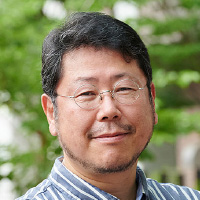
WATANABE MatsuoProfessor, College of International Relations
-

Migrant Workers and Racism
Listening carefully to the sacrifices of overseas Filipino migrant workers
There is an overwhelming inequality between those who have no other choice and are forced to do migrant labor abroad and those who enjoy the benefits of foreign labor. I believe it is important to connect the findings from the qualitative research with theory and incorporate them into studies of what migrant workers have had to sacrifice.
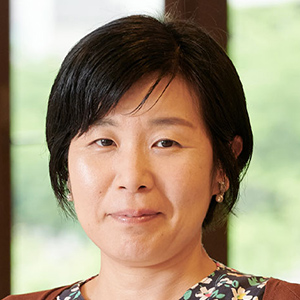
TSUJIMOTO ToshikoAssociate Professor, College of International Relations
-

Working for an International Organization
Theory and Empathy Are Needed in the Field of International Humanitarian and Development Assistance
I have been involved in humanitarian and development assistance at the United Nations High Commissioner for Refugees (UNHCR) and the Japan International Cooperation Agency (JICA), where I realized the importance of “empathy”. International relations are, after all, people-to-people relationships. Partner believes in the human being in front of him.
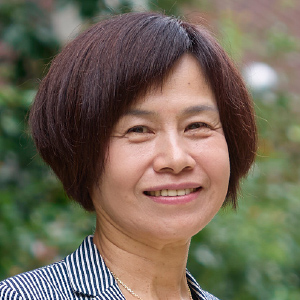
ISHIKAWA SachikoProfessor, College of International Relations
-

Cultural Anthropology
Dive into a Different Culture and Rethink Your “Norms”
I am studying the metamorphosis of Shinjuku Kabukicho as a community. The streetscape, the flow of people, the people's gestures walking around, everything is a subject of observation. I am using cultural anthropology methods such as interviewing people from various professions, taking questionnaires, and investigating government influence.

SMITH Nathaniel M. Associate Professor, College of International Relations
-

Media Literacy
Understanding the Media is Essential to Understanding the World
Students of international relations need to know how news is created and the approaches behind it. I think it is important to improve one’s ability to discern the facts within the news, based on an understanding that news is not reality conveyed as is, but simply one version of reality. In other words, it is essential to improve one’s media literacy.

KOGA BROWES ScottProfessor, College of International Relations
-

International Economics
Using Economics to Predict the Next Action of People and Nations
Some people may think economics is the study of money. But that is not the case. Economics is the science of decision making. It tries to predict a person’s next action by exploring why the person made a particular action. You could say said that economics is a discipline that tries to explain all human behavior.
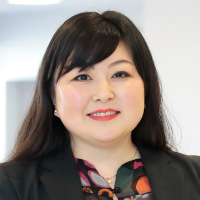
YANE HarukaAssociate Professor, College of International Relations
-

Rediscovering Japan
An Accurate Knowledge of One’s Own Country Facilitates Internationalization
Some people may think that the College of International Relations is a place for learning about foreign countries, but that is not the case. This is because students of this College also study Japan in depth. Japan is viewed anew from a different perspective. In other words, we “rediscover Japan.” I think this is an essential perspective for the study of international relations.

RAJKAI Zsombor TiborProfessor, College of International Relations
-

Advanced Science and Technology and Global Law
Nanotechnology, AI, and Robotic Weapons, How Will the International Community Manage the Risks of Science and Technology?
The development of advanced science and technology always requires risk management. Research institutes and private companies have established self-regulatory rules. We are researching how guidelines establish by individual institutions may be applied to "global law" to improve the international management of advanced science and technology.
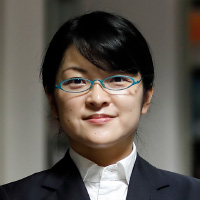
KAWAMURA SatokoProfessor, College of International Relations
-

New Threats
Protecting People and Nations from the Global Threat of Narcotics
Narcotics are one of the new threats that could destabilize human life and the survival of a nation. The narcotics industry is a global business. Mainly produced in South America, narcotics are distributed throughout the United States, Europe, and the rest of the world. The industry has a great influence on countries around the world and international relations. Knowledge and perspectives from international relations are needed to find solutions to these threats to the world.
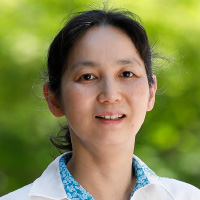
FUKUMI SayakaProfessor, College of International Relations
-

Developing Countries and International Cooperation
What Is the Sustainable International Cooperation Required in the Global Era?
The development and international cooperation methods in developing countries are diverse, differing depending on the era, country, and region. In Southeast Asia, grant aid is used for infrastructure and human resource development. In recent years, paid (loan) aid has become the mainstream, and civil society and private companies are increasingly becoming involved in international cooperation.
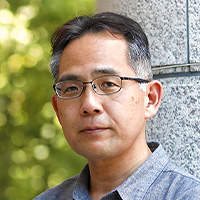
SHIMADA HaruyukiProfessor, College of International Relations
RADIANT
Ritsumeikan University Research Report
Research made by faculty members of the School of International Relations published in "RADIANT,"
a research journal of Ritsumeikan University, is introduced here.
-
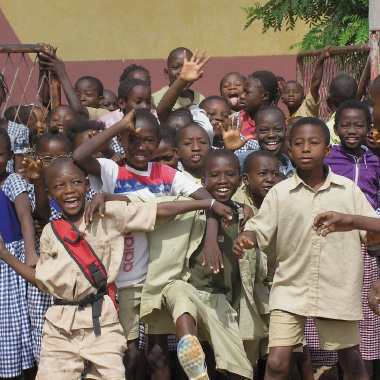
The Violence brought about by Poverty in Africa
SHIRATO Keiichi Professor, College of International Relations
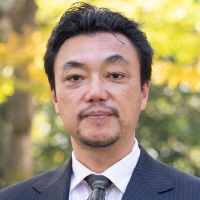
-
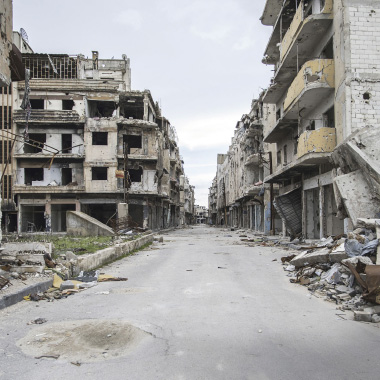
To Gain a Better Understanding of Middle Eastern Politics
SUECHIKA KotaProfessor, College of International Relations
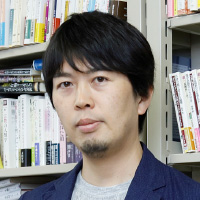
-

The Impact of Science and Technology in Science Fiction’s imagined Futures
Denis TaillandierProfessor, College of International Relations
